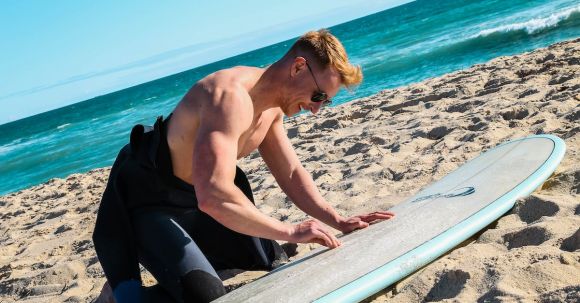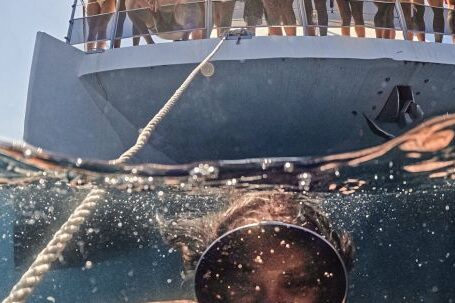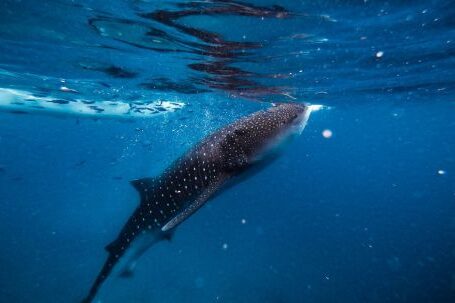Whether you are a seasoned diver or just starting out, it is important to understand and practice proper diving etiquette. Diving etiquette not only ensures the safety and enjoyment of all divers, but it also helps to protect the fragile underwater environment. In this article, we will explore the dos and don’ts of diving etiquette to help you become a responsible and respectful diver.
Respect the Dive Site
When you arrive at a dive site, it is crucial to show respect for the environment and the local community. Avoid touching or damaging corals, as they are delicate and can take years to recover from even the slightest impact. Be mindful of your buoyancy and avoid stirring up sediment or kicking up sand, as this can harm marine life and reduce visibility for other divers.
Be Considerate of Other Divers
Diving is a communal activity, and it is essential to be considerate of other divers. Before entering the water, make sure you are properly weighted and have all your gear in order to minimize the time it takes to descend. When underwater, maintain a safe distance from other divers to avoid accidental collisions or disturbing their experience. If you encounter a group of divers or a fellow diver taking photos, give them space and avoid swimming through their shot.
Signal and Communicate Effectively
Clear and effective communication is vital when diving. Before every dive, review hand signals with your buddy to ensure you can communicate underwater. Use these signals to indicate your intentions, such as signaling to ascend or descend, to get your buddy’s attention, or to communicate any problems or concerns. Remember to always maintain eye contact with your buddy and regularly check on each other’s air supply and well-being.
Practice Responsible Photography
Underwater photography has become increasingly popular, but it is essential to do it responsibly. Avoid touching or disturbing marine life in your quest for the perfect shot. Use a photography technique called “hover and shoot” to minimize the impact on the underwater environment. Be aware of your surroundings and do not block the path of other divers or damage the reef in search of the ideal angle. And always remember, the safety of yourself and others should take precedence over capturing the perfect photo.
Leave No Trace
When diving, it is crucial to leave no trace behind. Do not throw trash or any other items into the water. If you come across any debris, such as fishing lines or plastic, pick it up and dispose of it properly when you are back on land. Be mindful of your fins and equipment, ensuring they do not come into contact with the reef or other delicate marine life.
Respect Local Customs and Regulations
Different dive destinations may have specific regulations and customs. Before diving in a new location, familiarize yourself with the local rules and customs. Some dive sites may have restrictions on touching certain marine life or require specific certifications. Respect these regulations and follow them diligently to preserve the environment and maintain positive relationships with the local community.
In Conclusion…
Diving etiquette is not only about following rules; it is about respecting the underwater world and fellow divers. By adhering to these dos and don’ts of diving etiquette, you can help protect the environment, ensure the safety and enjoyment of all divers, and be a responsible ambassador for the diving community. So, practice good diving etiquette, dive responsibly, and remember to leave nothing but bubbles behind. Happy diving!





